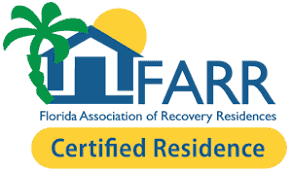Adolescent Addiction Treatment Program
Adolescent substance use, whether involving alcohol or drugs, poses significant challenges at any age. The impact of substance use extends to the entire family unit, often straining communication and eroding trust.
The treatment process emphasizes the reinforcement of positive influences from family, social circles, education, and vocational settings. Both youth and their family members collaborate to enhance communication, develop problem-solving abilities, and improve anger management techniques.
For an adolescent to achieve a successful recovery, it is essential for the family to comprehend the nature of addiction, recognize the significance of familial support, and adapt their behaviors accordingly. Family members also require support throughout their loved one’s treatment journey. Parents can utilize our resources to learn effective strategies for engaging with their children during these challenging periods.
The Academy at Ambrosia in Port St. Lucie, Florida strongly advocates for family involvement in the treatment of their loved ones. Our adolescent addiction treatment program utilizes evidence-based methodologies. Through our expertise and resources, we educate people to learn how to effectively cope with and overcome the challenges that addiction and mental illness inflict on their lives. With support and the right treatment, teens and young adults can overcome substance abuse and addiction to lead healthy lives.

Various risk factors increase the likelihood of substance use among adolescents, as well as specific motivations that may attract them to drugs and alcohol. The National Institute on Drug Abuse (NIDA) identifies several prevalent reasons why teenagers may experiment with these substances:
- To gain social acceptance: Adolescents may feel compelled to use drugs if their friends are doing so, as they may fear social rejection from their peers.
- For the sake of exploration: Teenagers often possess a natural inclination towards risk-taking, leading them to try drugs and alcohol as a form of experimentation.
- To enhance performance: In the face of academic and athletic pressures, some teens may resort to stimulants and other substances, believing that these drugs will provide them with an edge in their performance.
- To achieve a sense of happiness: The temporary euphoria induced by drugs can be appealing to teenagers, offering a fleeting sense of joy. For those struggling with mental health challenges, substances may serve as a short-term escape from feelings of depression or anxiety.
Teens Have Unique Treatment Needs
Parents may find themselves perplexed and struggling to locate effective family support that can guide their adolescents back to a balanced and healthy lifestyle. The Academy at Ambrosia, located in Port St. Lucie, FL, is dedicated to addressing the distinct challenges faced by teenagers and their families.
Drug Abuse in Young Adults
For instance, engaging in video gaming and using social media are prevalent activities in contemporary society. However, there may be instances when your child begins to lose awareness of the duration of their gaming sessions, sacrifices sleep for social media engagement, seeks access to Wi-Fi during late hours, or avoids school to indulge in these compulsive behaviors. An addiction treatment program can assist your teenager in making constructive changes and provide the necessary peer support to maintain their recovery.
Teen drug and alcohol use is a widespread problem that can lead to addiction, such as alcohol, marijuana, prescription drugs, and nicotine. Drug abuse often starts in high school and continues into young adulthood. The most commonly abused substances by teens and young adults are:
Underage drinking is illegal but common, with about 30% of teens reporting drinking before age 15. Binge drinking is a dangerous pattern of excessive alcohol use in a short period.
Marijuana is the most commonly used illicit drug. Teens who use marijuana regularly are more prone to memory and learning problems and are more likely to use other drugs.
Prescription drugs: Prescription medications such as OxyContin, stimulants like Adderall), and depressants like Xanax are often misused and abused. Teens may take these drugs to get high, deal with stress or mental health issues, or improve concentration and alertness.
Vaping and e-cigarette use have skyrocketed among teens, with 20% of high school students now using e-cigarettes. Nicotine is highly addictive and can harm brain development in young adults.
In addition to using drugs, other things may seem okay but can become a problem for young adults if not taken care of. Spending too much time on phones, social media, or games can affect mental health and sleep. Putting things off and not managing time well can cause stress and make school or work harder. Eating a lot of unhealthy food or eating for comfort can hurt your physical health.
Not getting enough sleep because of late-night internet or too much work can hurt physical and mental health. It’s important to deal with these things early to help young adults have a healthy and balanced life. Engaging in an adolescent behavioral health treatment program facilitates positive transformations and ensures they receive essential support to stay on the path of recovery. Signs and symptoms that your teenager may be experiencing addiction include:
- Inappropriate use of prescriptions or unauthorized use of medications.
- Finding drugs or alcohol within the household.
- Troubling patterns of marijuana or alcohol consumption.
- Theft of money or involvement in illicit activities.
- Abrupt shifts in behavior at home or in school.
- Confusion and incoherence.
- Association with peers involved in substance abuse.
- Extended periods spent on devices, video games, and social media.
- Social isolation.
- Disturbed sleep patterns, either insufficient or excessive.
- Unaccounted-for narcotic medications in the home.
- Rapid changes in weight or deterioration in health.
Addiction treatment is characterized by the absence of a one-size-fits-all approach. Each individual has a unique background and warrants a treatment plan tailored to their specific requirements. For adolescents, this often involves the understanding that they are not isolated in their struggles and that they will also benefit from personalized care. A substance use disorder is often connected to mental health issues, so please check for those signs too. If you have questions, feel free to ask. We’re here to help you find the right treatment for your teens.
Adolescence is a period during which your teenager may encounter challenges related to mood and behavior. Such difficulties are often a normal part of the teenage experience, given the numerous changes that take place during this stage. However, there are instances when these challenges may become excessive and hard for your adolescent to cope with. As a family member, your capacity to offer support and guidance may be constrained by the teen’s struggles with their mental health.
Recognizing signs and symptoms of mental health issues in teenagers is crucial for early intervention and support. While individual experiences may vary, common indicators of mental health issues in teens include:
- Withdrawal: A sudden preference for isolation or distancing from friends and family.
- Irritability: Frequent mood swings, increased irritability, or anger outbursts.
- Persistent sadness: Prolonged periods of sadness or unexplained crying.
- Hopelessness: Expressing feelings of hopelessness or worthlessness.
- Deteriorating performance: A noticeable drop in academic performance or sudden disinterest in school activities.
- Changes in sleep patterns: Difficulty falling asleep or sleeping excessively.
- Appetite changes: Significant changes in eating habits leading to weight loss or gain.
- Substance abuse: Experimentation with drugs or alcohol.
- Reckless actions: Engaging in dangerous activities without consideration of consequences.
- Frequent aches and pains: Complaints about headaches, stomachaches, or other physical discomfort without an apparent cause.
- Decline in focus: Problems concentrating, making decisions, or completing tasks.
- Self-destructive behavior: Engaging in self-harming activities.
- Expressions of suicidal ideation: Verbalizing thoughts of self-harm or suicide. (if a teen is currently experiencing thoughts of suicide, please reach out to emergency mental health professionals immediately)
- Relationship issues: Difficulty maintaining or forming relationships.
- Social withdrawal: Avoidance of social activities or events.
- Personality shifts: Sudden and significant changes in personality or interests.
Our mission is to provide tailored treatment plans that encompass individual, family, and group therapy sessions. Timely intervention and treatment are essential for enhancing your child’s overall well-being. If you or someone you know requires mental health services or assistance with substance abuse, we encourage you to reach out. Our team specializes in supporting teenagers and their families.
Along with physical changes, teens experience a whirlwind of emotional ups and downs. It’s normal for teens to sometimes feel angry, anxious, or sad. However, if these emotions persist or disrupt their ability to function, it may indicate an underlying mental health condition that requires treatment.
Two of the most common mental health issues among teens are anxiety and depression. Anxiety disorders cause excessive worry, fear, and panic. Teen depression can cause persistent feelings of sadness, worthlessness, and hopelessness. Both conditions can significantly impact a teen’s quality of life and development.
Anxiety disorders are the most common mental disorders among adolescents impacting approximately 32% of individuals aged 13 to 18. Symptoms often manifest as heightened levels of worry, fear, and discomfort. Notable examples of these disorders include generalized anxiety disorder, obsessive-compulsive disorder, social anxiety disorder, and post-traumatic stress disorder.
Depressive disorders, also known as depression is a prevalent mood disorder that impacts approximately 10 to 15 percent of children and adolescents before reaching adulthood.
Children diagnosed with attention deficit-hyperactivity disorder (ADHD) often experience difficulty in maintaining focus, and adhering to instructions, and may frequently encounter feelings of boredom or frustration. This disorder affects about 3.1% of 10–14-year-olds and 2.4% of 15–19-year-olds. Symptoms include difficulty paying attention, excessive activity, and acting without regard to consequences.
Teens, especially girls, are at high risk of developing eating disorders like anorexia nervosa, bulimia nervosa, and binge
eating disorders. These disorders can have serious health consequences and often require intensive treatment.
Other mental disorders that can affect children include:
- Autism spectrum disorder (ASD)
- Schizophrenia
- Eating disorders
- Elimination disorders
- Learning and communication disorders
- Panic disorder
- Process addictions (Gambling)
- Phobic disorders
- Post-traumatic stress disorder (PTSD)
- Conduct disorder
Addiction and mental illness commonly co-occur, which is known as a dual diagnosis. Seeking support for adolescent behavioral health treatment in Florida is crucial to addressing and managing these challenges effectively.
If you notice any of the aforementioned symptoms, please contact Ambrosia for an evaluation. Our experts can comprehensively assess the situation and work towards addressing any potential underlying issues to provide the necessary support and intervention. We are eager to help you identify the most suitable mental health programs for your adolescent.
What Our Teen Drug and Alcohol Addiction Program Offers
We combine treatment programs and therapy services such as individual therapy, group therapy, family therapy, support groups, and necessary medication in our teen addiction treatment programs. The goals are to uncover the underlying causes of substance use, develop coping strategies, learn to avoid triggers and cravings, build a strong support system, and find new rewarding and fun activities that don’t involve drugs or alcohol. Here’s more about the substance abuse programs and therapies we offer:

Residential treatment for adolescent addiction is a tailored approach that addresses the specific requirements of teenagers. Inpatient care is generally provided at a facility where young individuals receive continuous supervision and support. Typically, residential treatment programs span 28 days, although some may vary in duration.
At adolescent residential treatment centers, young adults engage in a range of therapeutic activities aimed at aiding their recovery from substance use disorders. The treatment may also incorporate medication when deemed necessary. Upon completion of an inpatient program, adolescents usually move on to a less intensive care option, such as outpatient treatment or sober living arrangements. While some adolescent substance use disorders can be effectively managed through outpatient rehabilitation, many teens require a more intensive treatment approach to achieve and sustain recovery.
Outpatient programs for adolescent substance use disorders generally consist of weekly individual and/or group therapy sessions. These programs may also offer family therapy, medication management, and educational support. The primary objective of outpatient treatment is to equip adolescents with the skills needed to refrain from substance abuse and to cope with their emotions and stress in constructive ways.
An outpatient treatment program can be an appropriate choice for adolescents who are committed to altering their substance use behaviors and who have a supportive network. It is crucial to recognize that successful outpatient treatment necessitates dedication from both the adolescent and their family, as the involvement of family members is vital to the overall effectiveness of the program.
Our outpatient treatment allows teens to live at home while getting care. Inpatient or residential treatment provides a structured live-in environment to focus on recovery. Long-term follow-up and aftercare help maintain sobriety and avoid relapse. In the initial screening and assessment process, our team will examine the symptoms and problematic behaviors you’re experiencing. To tailor our treatment services specifically to you, The Academy will conduct a thorough assessment. This evaluation will delve into various aspects, including your history of trauma, past encounters with therapy, cultural background, peer influences, medical history, family dynamics, and academic experiences.
A substance use disorder represents significant medical issues that necessitate targeted treatment approaches. Young individuals grappling with drug abuse face numerous adverse consequences, such as difficulties in academic performance, social withdrawal, legal issues, and the potential for developing addiction.
Addiction counseling plays a crucial role in the treatment of substance use among adolescents. Therapists assist teenagers in recognizing the thoughts and behaviors that lead to their substance abuse, equip them with effective coping strategies, offer emotional support, and enhance their ability to manage anger.
Cognitive-behavioral therapy (CBT), also referred to as psychotherapy or talk therapy, is a therapeutic approach aimed at identifying the underlying thought processes associated with a teenager’s addiction and facilitating the modification of these cognitive patterns. The fundamental principle of CBT is that thoughts influence behaviors, shaping how individuals perceive, interpret, and assign meaning to their surroundings.
In the context of a teenager’s rehabilitation for substance abuse, CBT sessions promote self-regulation and coping mechanisms by assisting them in recognizing the triggers that lead to substance use disorders. Therapists will also implement various techniques for enhancing communication and problem-solving abilities.
Family therapy focuses on the significant impact of family dynamics on a young person’s struggle with substance abuse. These therapy sessions involve the participation of family members closest to the addicted teenager, addressing challenges such as ineffective communication, family cohesion, and problem-solving skills.
This therapeutic approach is grounded in the belief that family has the most substantial and enduring effect on an individual’s development, influencing both positive and negative behaviors and beliefs. For example, in the context of treating alcohol abuse, family therapy may explore the presence of alcohol within the household. If parents engage in casual drinking or have not communicated the dangers of alcohol consumption to their children, this could significantly contribute to a teenager’s alcohol-related issues.
Adolescent Addiction Treatment is Available at The Academy
Tour Our Facility




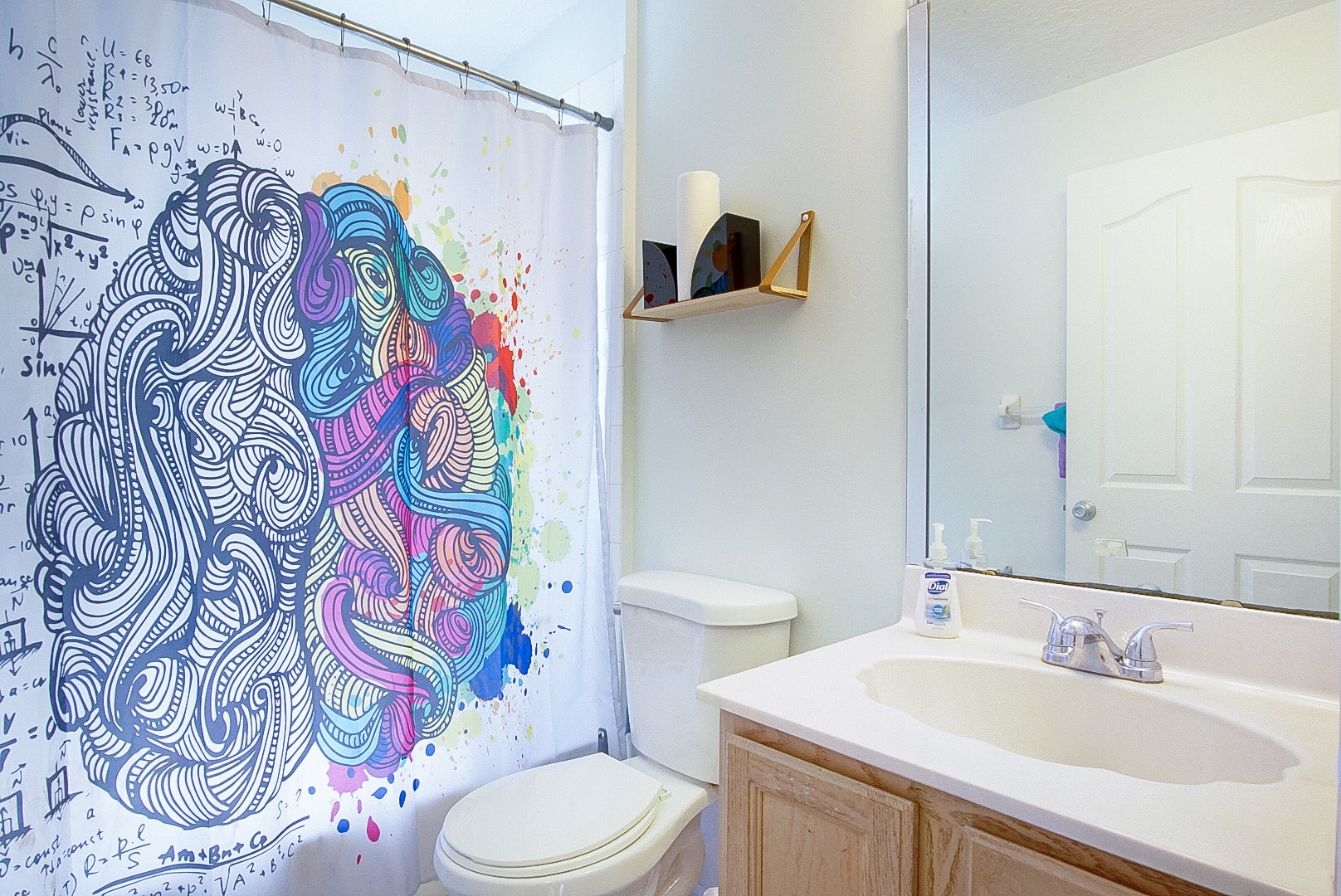


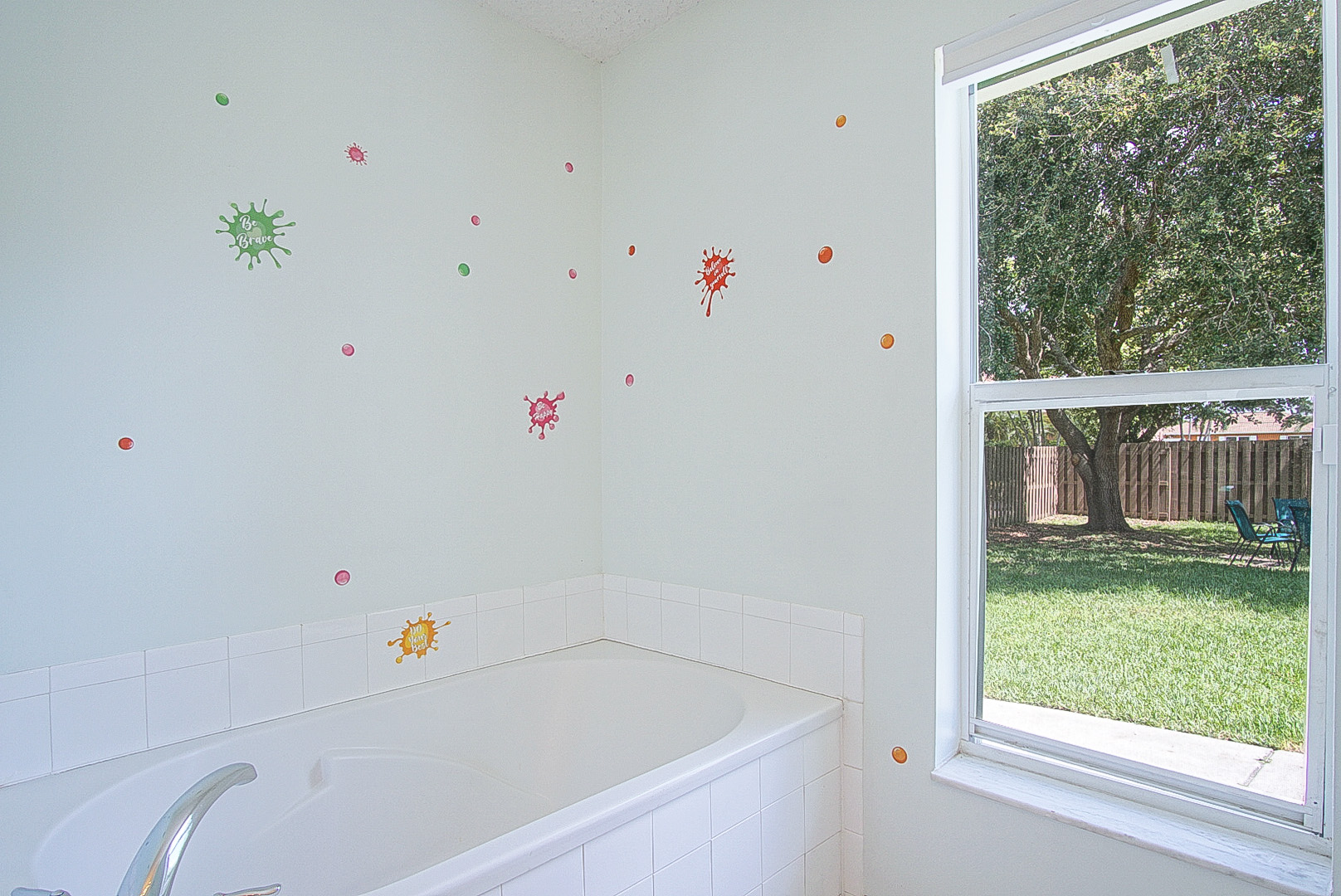
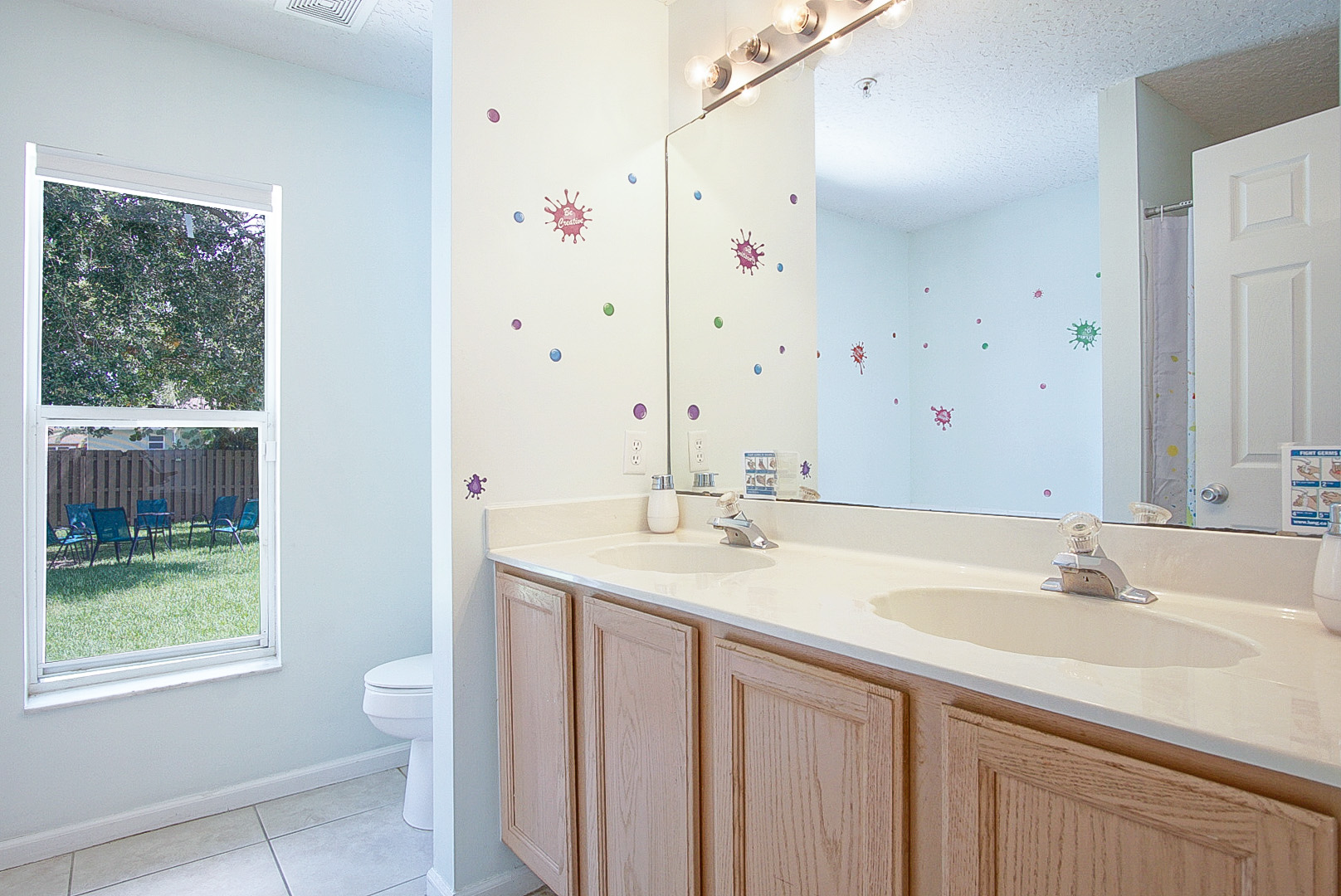



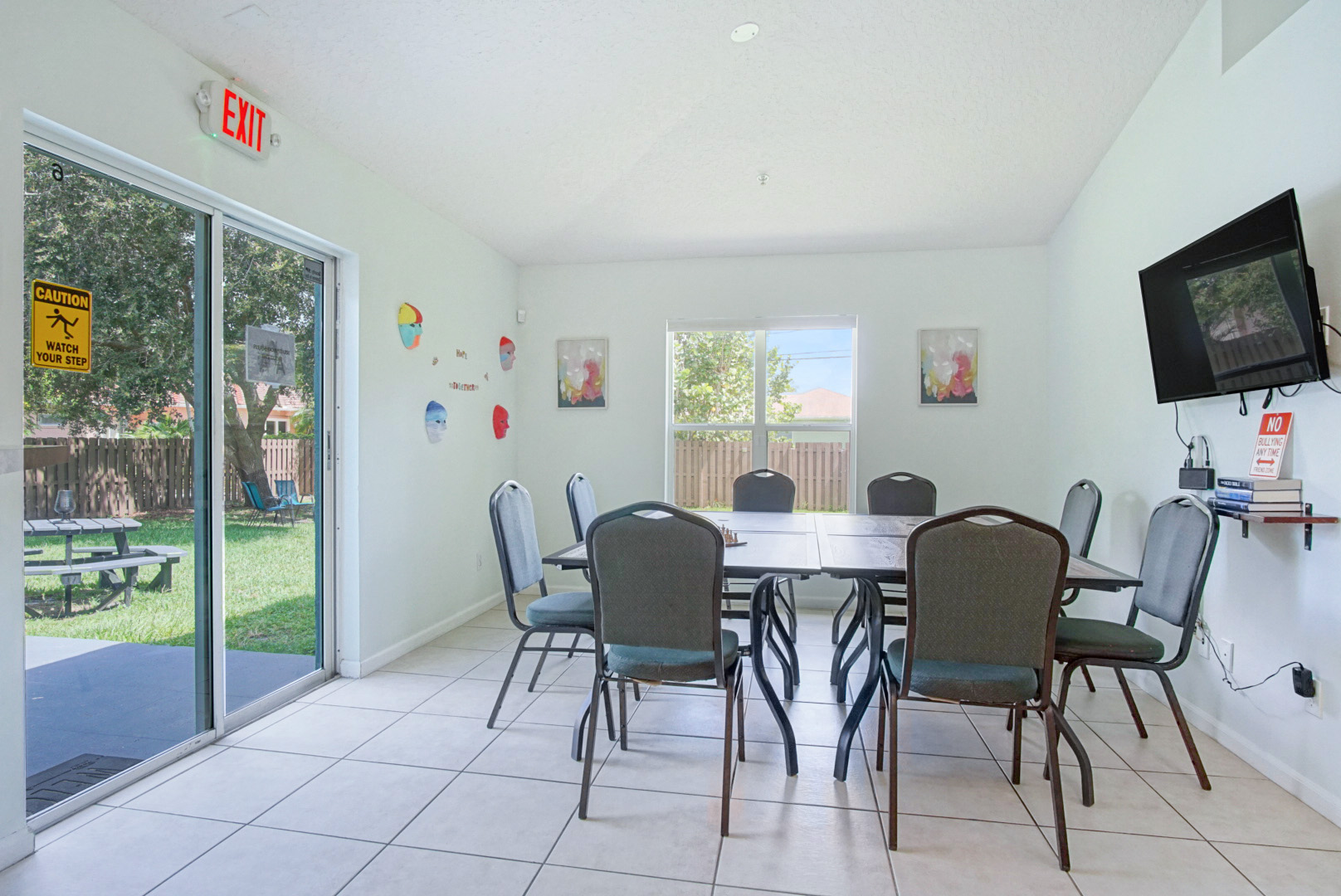
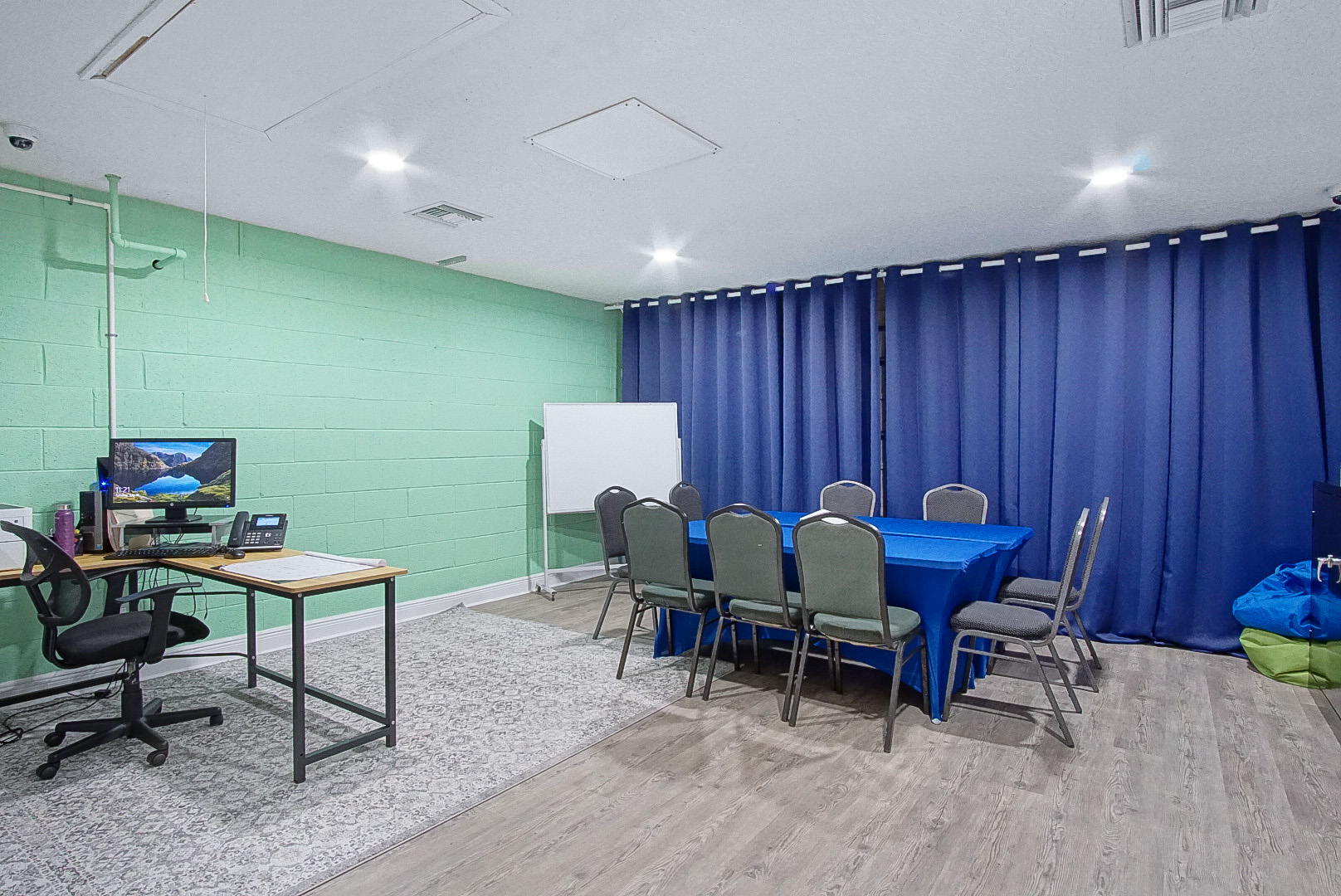
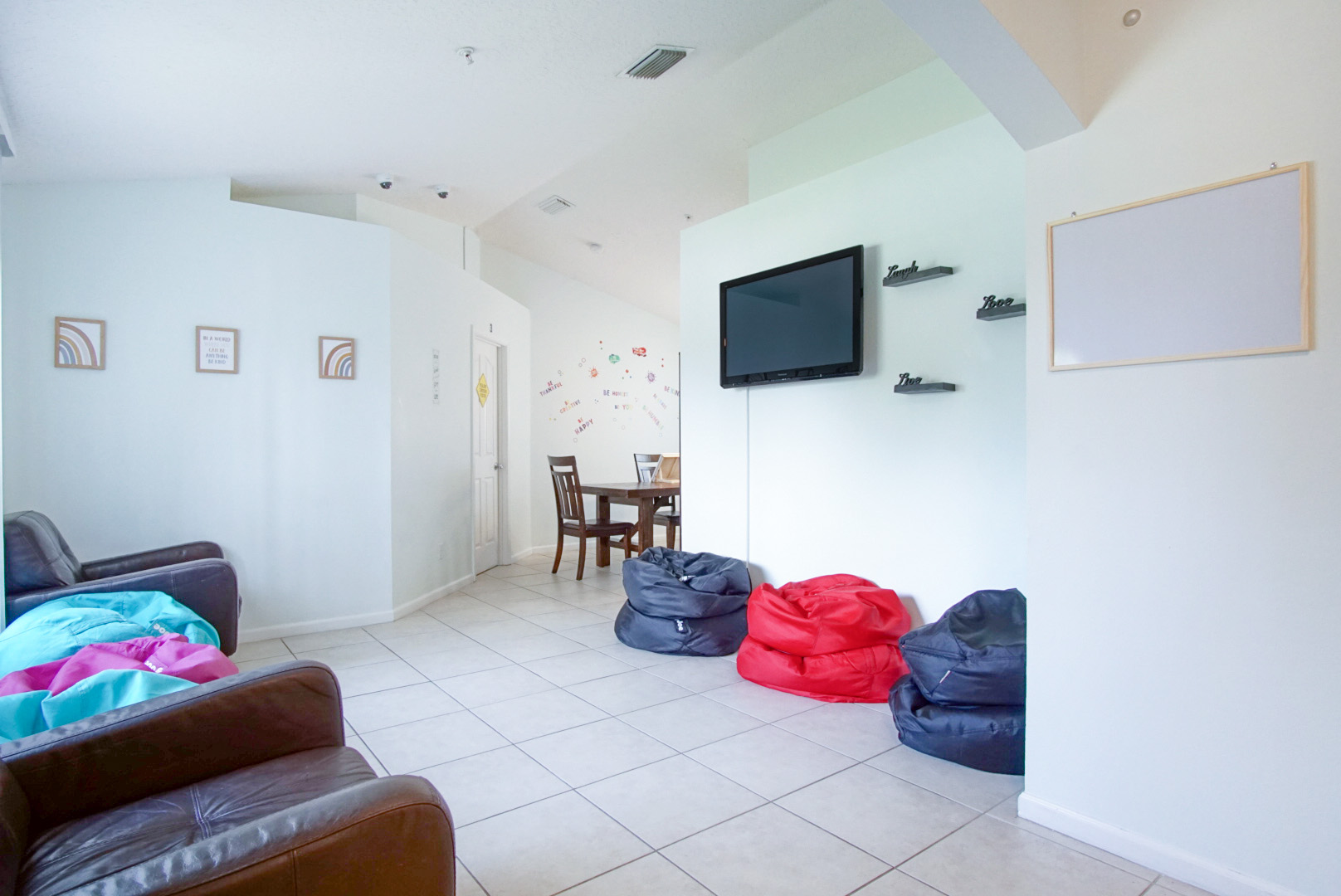
Success Stories
At the Academy, the relationships we develop with our teens and their families are very important to us. Our goal is to support the healing process for everyone involved and we consider it a great privilege to have your loved one in our care. As a result, we deeply value the feedback we receive from families, and it brings us a lot of joy to hear their success stories.
Hear what families are saying about us!
So this is week 3 and the call I got from Dan last night was something I never expected. He was excited about his day and everything that you had planned for the rest of the week and weekend He actually said that school is going OK and that he thinks his therapist really “gets” him and he likes talking to her. Whatever is going on there please keep it going. Thank you all for everything you are doing.
– Joan S.
Jana has been home now for two months and she’s back in school. I wanted to write you to say thank you. I can’t say that everything has been perfect or easy, but she is doing so much better than before. Her teachers have all noticed her changes in behavior and her grades are still up like they were when she left your program. Our family is very grateful for The Academy. You do good work. Please tell your staff.
– David H.
Dr Alam is a godsend. We’ve had our son in several “good” programs over the last 3 years and we had no idea that he was being misdiagnosed. Once Dr. Alam explained to us what was really going on, it finally all made sense. Once he was put on the right medications, he immediately started getting better and now he is home and doing well. I have my son back. The upsetting thing is that we never would have known what the real problem was if I had not been for The Academy and Dr. Alam. I only wish we had known about Ambrosia BH sooner. I highly recommend their adolescent program and especially their psychiatric team.
– Theresa M.
Our daughter Sarah came to you last year for anxiety and depression and If you remember, when she got there she had had failing grades for all of 6th and 7th grade and was refusing to go to school. Fast forward a year and she is finishing 8th grade with a solid B average and her depression and anxiety seem to be a thing of the past. We think about the staff there often. Our family would not be here without you. Many thanks for being there when we needed you.
– Misha and Travis D.

Dr. Alam is an internationally renowned psychiatrist with academic affiliations with Northwestern University and University of Illinois, Chicago where he completed his residency training. He has been a principal investigator for over forty studies and has been involved in research leading to the approval of most psychiatric medications currently on the market. He is the founder of the Neuroscience Research Institute which continues to conduct research on cutting edge medication and interventional psychiatry. Dr. Alam is a Distinguished Fellow of the American Psychiatric Association and the American Society of Addiction Medicine. He has won several awards and has been featured extensively on radio and television.




